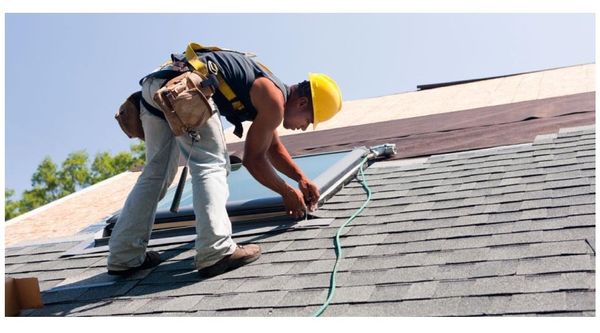How to Find and Hire a Good Contractor
We’ve all heard horror stories about scammers and unreliable contractors who start jobs and disappear before the work is done or cost three times the estimated price. While most contractors are trustworthy, there are always a few out there who are ready to run off with your money. So, how do you find and hire a reputable contractor?
Know What You Need
What specific job do you want to tackle? When you say “remodel the kitchen,” do you mean new cabinets and countertops or do you mean tearing down walls and starting from scratch? Having all of the information available will help you obtain more accurate estimates from contractors. The more details you gather before hiring a contractor, the better able they will be to give you an estimate and stay on budget.
Not sure if you should DIY? According to Homeadvisor.com, if the job is going to take more than a week, requires several different pros to complete, or requires a few permits, hire a contractor.
Ask for Referrals
Ask friends and family who have hired contractors for jobs similar to yours for recommendations. Word-of-mouth referral is a great way to start gathering names to research.
Research
Google, Yelp, Angie’s List, and Homeadvisor are all fantastic resources for searching and reading about contractors. Both Homeadvisor and Angie’s List provide recommendations for top-rated contractors in your area.
Narrow down your list by calling and asking contractors for their insurance certificates and business license numbers. Good contractors won’t hesitate to share this information with you, and it is critical that they are both licensed and insured to protect you as work is being done on your home.
Ask Questions
When you meet the contractors on your shortlist, be ready to ask them some questions that will help you find out more about them and the work they do. Some examples you might want to ask are:
- How long have you been in the business?
- Can you provide me with recent references?
- Have you done other jobs similar to this one?
- Will you use subcontractors or employees to do the work?
- What would be your timeline for my project?
- Do you provide financing plans?
Asking these types of questions will give you a better idea of what to expect during your job. Obviously, you want someone who has experience, can provide recent references, uses reliable employees to work, can offer a decent timeline, and offers financing if you need it.
Get Bids
Each contractor you are considering should provide an itemized estimate. This estimate should list all labor costs, all material costs, all permit fees, and any other expected expenses. This estimate gives you an idea of how much your remodeling job will cost overall. It should also contain information regarding warranties on work and materials.
Make sure you understand whether your contractor’s bid is an estimate or a fixed price. If it is an estimate, you should ask what types of things may cause the final price to change.
During the course of the work, if changes need to be made to the scope of the job that will add to the expense, make sure you have a change order documenting exactly what the additional costs are for, what they will entail, and what they will add to your final bill.
Always get more than one bid for the work so that you can compare their levels of experience, references, prices, and more. Don’t jump through hoops to get the lowest bidder. You may be at risk of someone doing half the work and leaving you with a mess or someone who tacks on a lot of additional charges as the job finishes up.
Red Flags
There are a few definite warning signals you should watch for as you look for the right contractor. If they go door-to-door soliciting business, they may be running a scam. Good contractors are busy on jobs and don’t need to go out knocking on doors. Reputable contractors will take care of all the necessary permits for your job — they don’t ask you to get them. If your contractor asks you for more than about 10% of the cost upfront, send them packing. Prices that are too good to be true are not true. If a business comes in with a drastically lower bid, they will likely hit you with charges later.
Sign a Contract
Make sure that your contract is extremely detailed. You should have deadlines, exact materials, and progress payments all included in the contract for your protection. Don’t sign it if it doesn’t have all of the relevant details or you could be left in a “he said she said” situation if something goes awry.
When you’re spending thousands of dollars on home improvements, take the time and make the effort to find a contractor you can trust.

